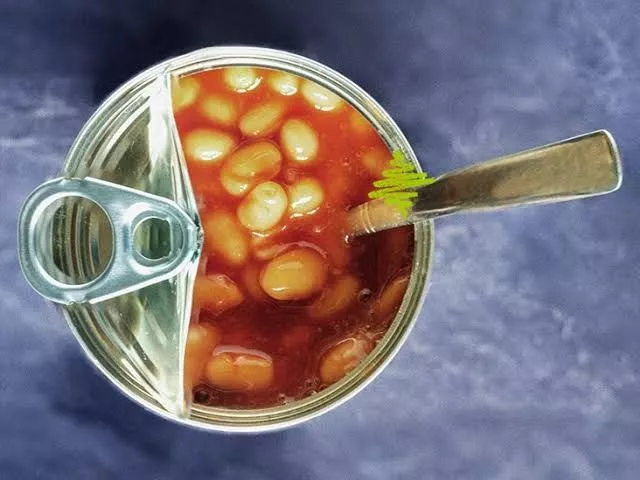![Stop eating fufu if you value your life [Premium Times Nigeria] Stop eating fufu if you value your life [Premium Times Nigeria]](https://static.netnaija.com/i/nRaMOBrmKdq.webp)
Our beloved fufu is being adulterated and is slowly turning into a silent killer that could endanger Nigerians if left unchecked.
Fufu, just like rice is a staple in many Nigerian homes. It is made from fermented cassava, and pounded into a smooth, stretchy dough to be enjoyed with any Nigerian soup. However, an alarm by popularAproko Doctor - Egemba Chinonso Fidelis, a Nigerian doctor and health influencer on fufu has raised serious concerns.
He claimed that fufu producers were adding detergent, alum, bar soap and even bleach to the cassava used in making fufu. Traditionally, cassava is peeled, cut, and soaked in water for several days to allow fermentation, which helps remove toxins. However, due to the increasing demand for fufu, some producers have resorted to adding harmful chemicals to speed up the process.
This claim was also backed up by an investigation made by Sunday Punch.
The investigation revealed that substances like detergent, alum, bleach, and soda soap (locally called 'Kongi soap') are being used to soften cassava faster and these chemicals, which have no place in food production, and can cause severe health issues like:

Liver and kidney damage - Toxic substances accumulate in these organs, leading to long-term damage.
Gastrointestinal distress - Symptoms include stomach pain, vomiting, and diarrhea.
Respiratory problems - Fufu contaminated with chemicals can cause lung irritation and breathing difficulties.
Cancer risk - Prolonged exposure to chemical-laden food increases the risk of cancer.
How to Identify Contaminated Fufu
If you still want to consume fufu, it's crucial to know how to spot contaminated batches so that you can avoid that batch and purchase from a trusted source.
Strong chemical smell
Excessively white or overly soft texture
Sticky consistency
Unusual aftertaste
However, as much as you want to be cautious, please note that the fufu might not look or taste different. A fufu producer in the investigation by Sunday Punch admitted that she uses Iyo-inu, Jatropha curcas leaves (commonly known as Ewe lapalapa), and detergent to soften her cassavas. When asked whether the addition of detergent would affect the taste or quality of the fufu, she said:
It won't affect it at all. You know they will wash the soaked cassava roots before they begin to cook it. Nothing will happen. The detergent won't alter the outcome of the fufu.

Is it then, not better to be safe than sorry? Fortunately, there are several safer, healthier alternatives to fufu that do not require risky processing methods:
Pounded Yam
Eba
Plantain Flour Swallow
Oat Swallow
Amala
Wheat Swallow
Buying fufu may be convenient, but your health is worth more than a quick meal. Would you stop eating fufu after learning about these dangers or you have coconut head?

















Comments